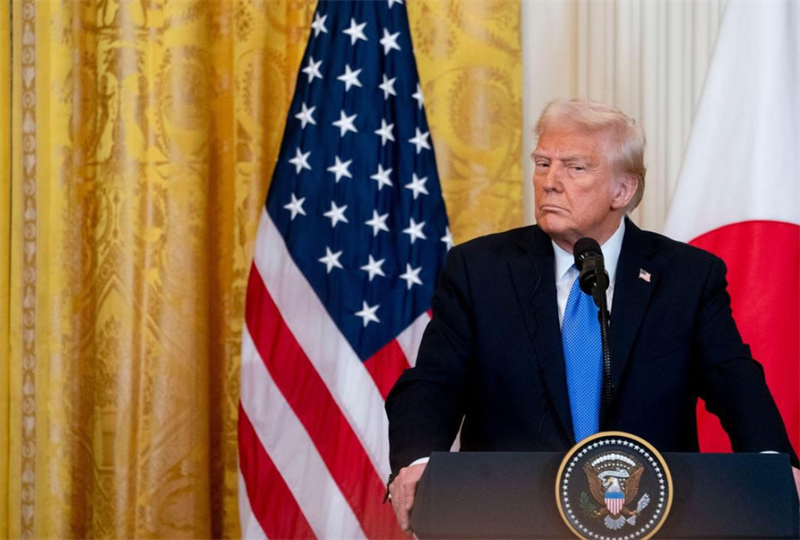Amid rising trade tensions and tariff threats under Donald Trump's administration, seven major Taiwanese AI server contract manufacturers are set to make significant investments in the United States. These companies—Foxconn, Quanta, Wistron, Pegatron, Inventec, Compal, and Wiwynn—have recently visited Texas to evaluate investment opportunities and are expected to announce substantial plans around Trump's 100th day in office, May 10, 2025.
The push for investment in the U.S. is a direct response to Trump's aggressive tariff policies, especially the 25% tariff on goods from Mexico and Canada. In the past, many Taiwanese companies had shifted operations to Mexico to take advantage of lower labor costs, but these new tariffs have made Mexican production less viable. As a result, these manufacturers are now returning to the U.S., where they aim to avoid tariffs and capitalize on the potential of the American market.
Taiwan's Dominance in Server Manufacturing and the Shift to U.S. Production
Taiwanese companies dominate the global server market, controlling over 90% of server motherboard production and 80% of total server system manufacturing. However, less than 15% of this production takes place in North America. With new tariffs set to raise the cost of overseas manufacturing, Taiwanese manufacturers are accelerating their plans to bring more production to the U.S., particularly to Texas.
This strategic shift is aimed at mitigating the impacts of the tariffs while also positioning these companies to take advantage of the growing demand for AI servers in the U.S. industry. According to industry sources, the cost of acquiring land and establishing manufacturing facilities in Texas could exceed $2 billion, with individual server assembly plants potentially requiring investments between $3 billion and $5 billion. Foxconn, for example, has already committed to a $33 million land acquisition in Houston for AI server production.
Responses from Taiwanese ODMs and Future U.S. Expansion Plans
Each of the seven Taiwanese companies has outlined their plans to expand operations in the U.S. Foxconn is investing $33 million in Houston, while Quanta and Wistron are focusing on expanding their U.S. manufacturing capacity, particularly in Texas and California. Pegatron has confirmed that it is evaluating options for a new U.S. production facility, while Inventec and Compal are exploring production sites in Texas, as part of their broader strategy to diversify and expand their manufacturing bases. Wiwynn, likewise, is considering various options to spread out production across multiple U.S. locations.
These investments come at a time when President Trump is also threatening to impose additional tariffs on foreign cars, semiconductor chips, and pharmaceuticals. While business leaders have raised concerns about the potential negative impact of these tariffs on the U.S. economy, Trump remains firm in his position, asserting that such measures will help bring manufacturing jobs back to the U.S.

The decisions of these Taiwanese ODMs are therefore seen as a response to both the tariff policies and the broader "America First" strategy that aims to reshape global supply chains and reduce U.S. reliance on overseas manufacturing. The companies' investments will help strengthen U.S.-Taiwan trade ties and could potentially lead to a more robust presence of Taiwanese tech firms in the U.S. market.

As these Taiwanese companies ramp up their investments in Texas, it marks a significant shift in the global tech supply chain, with these firms now seeking to reduce their dependence on international production hubs amid growing trade uncertainties. The outcome of these investments will have far-reaching consequences, not only for the companies involved but also for the future of the AI server industry and U.S.-Taiwan economic relations.
This shift in manufacturing strategy signals that despite the risks, these companies are determined to take advantage of the evolving trade landscape. The coming years will be critical in shaping the future of the AI server market and the broader global tech industry.
+86 191 9627 2716
+86 181 7379 0595
8:30 a.m. to 5:30 p.m., Monday to Friday
